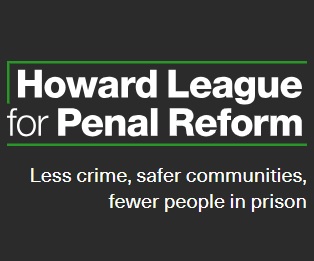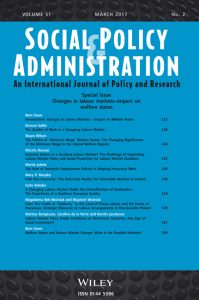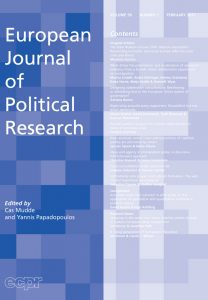Sociologists should stop talking about social class
Once upon a time it meant something when we talked about social class. The concept was useful in describing social inequalities, or predicting outcomes such as illness and premature death. But the turn towards cultural and symbolic approaches to class in recent sociology has made ‘social class’ increasingly meaningless and empirically unhelpful. For most of its history, sociology has explored the stratifications and inequalities it has observed among members of societies, most notably in terms of gender, race and...




















